• ₹1.27 Crore Annual Turnover:
The Bheem Bhai Tribal Women’s Cooperative Society achieved an impressive ₹1.27 crore annual turnover through the production and sale of nutritious Ipappuvvu laddus.
• Empowerment Through Skill & Support:
With training, TRICOR subsidies, and ITDA support, tribal women in Utnoor have become self-reliant entrepreneurs — managing production units and sales outlets themselves.
• National Recognition:
The initiative earned praise from Minister Danasari Anasuya (Seethakka) and was featured by Prime Minister Narendra Modi in his Mann Ki Baat as a model of women-led economic transformation in tribal areas.

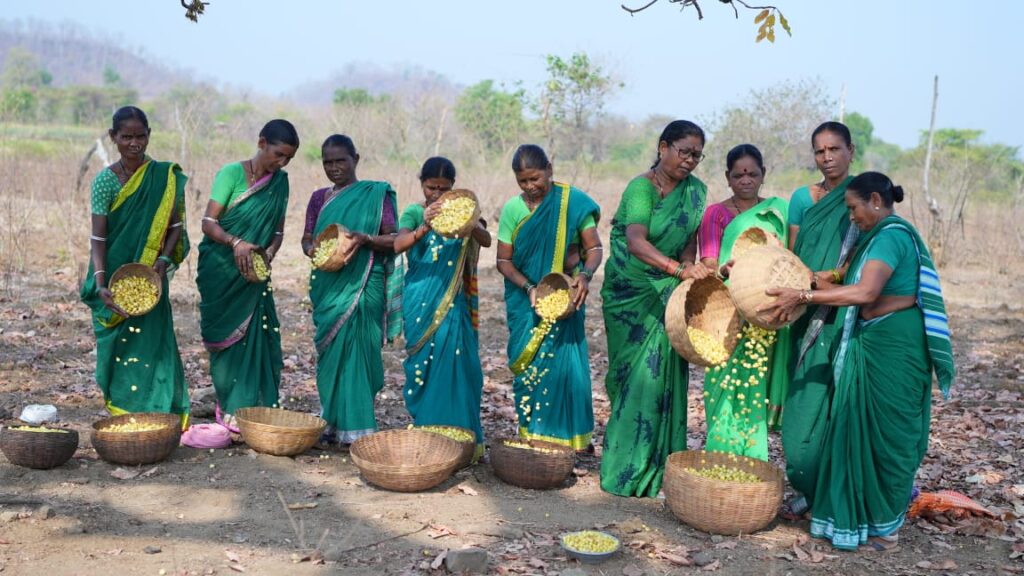
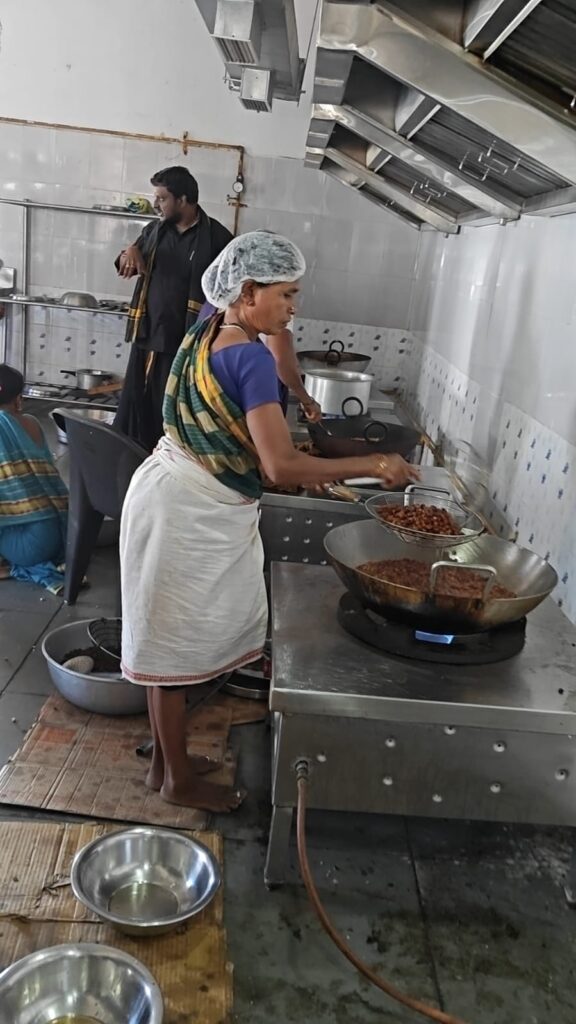

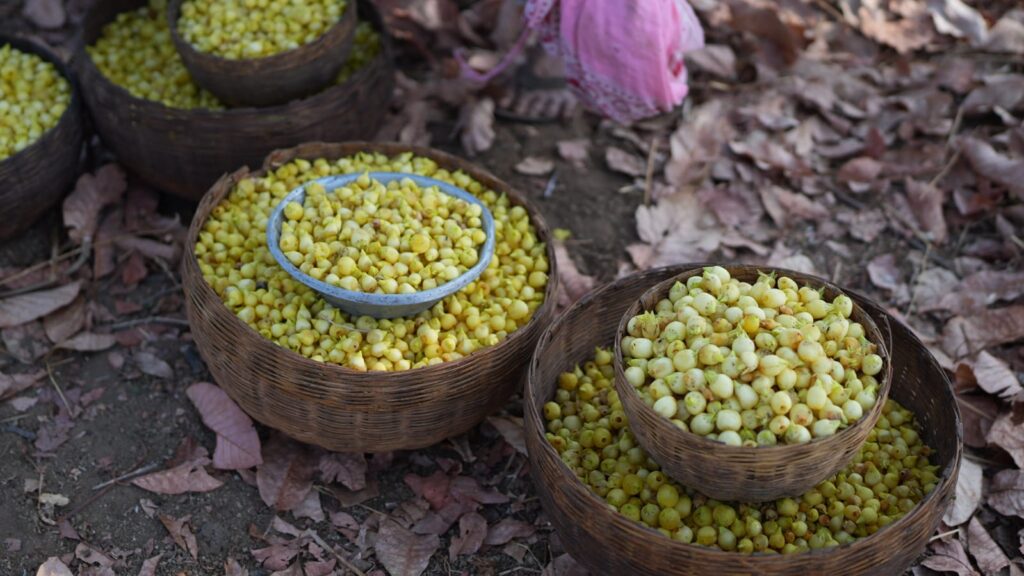
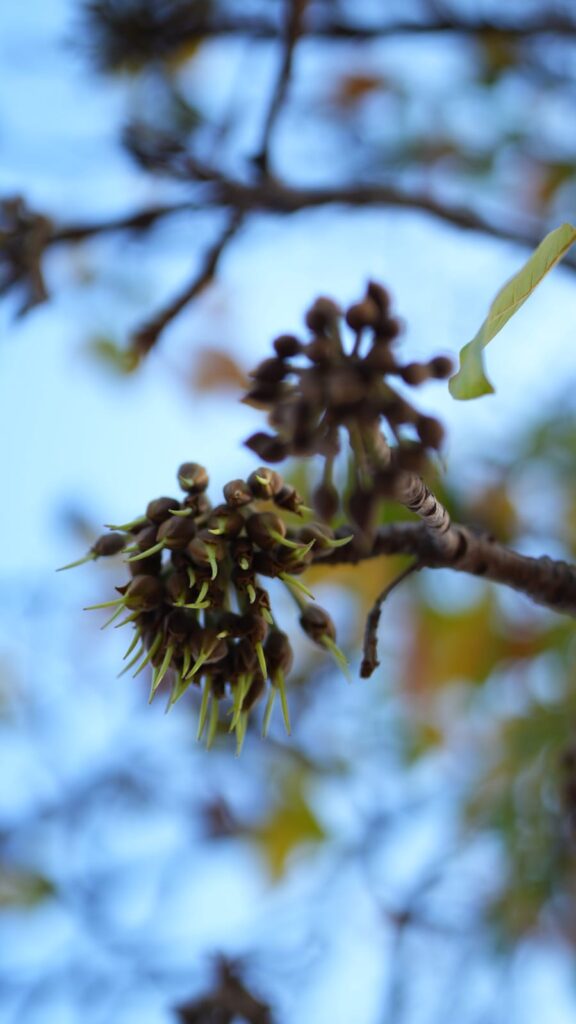

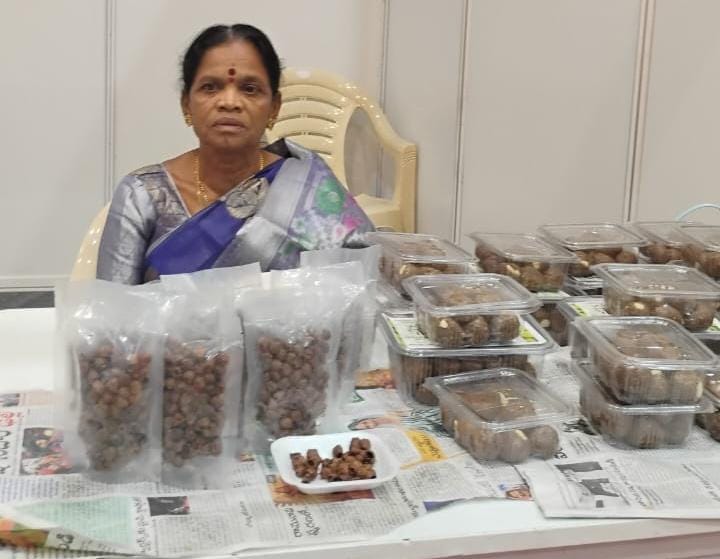
Hyderabad | November 9, 2025
Bheem Bhai Tribal Women’s Cooperative Society sets a model in economic development
Achieves ₹1.27 crore annual turnover through Ipappuvvu Laddu production
Minister Danasari Anasuya (Seethakka) commends the efforts of tribal women
The Government of Telangana continues to champion women’s economic empowerment, with a special emphasis on uplifting tribal women through sustainable livelihood initiatives. As part of this mission, the ITDA Utnoor Skill Development Wing has been instrumental in fostering entrepreneurship and economic independence among Adivasi women by leveraging their traditional knowledge and the region’s abundant natural resources.
Among the many success stories, the Bheem Bhai Tribal Women’s Cooperative Society stands out as a shining example of self-reliance and innovation. The cooperative has achieved remarkable success with the production of Ipappuvvu laddus — a nutritious delicacy made from the naturally available Ipappuvvu flower, a long-cherished ingredient in tribal cuisine.
To enhance quality and skills, twelve tribal women were sent to Yavatmal, Maharashtra, for specialized training in laddu preparation. Following their return, a dedicated production unit was established at Utnoor with an investment of ₹40 lakh. Of this, TRICOR extended a 60% subsidy, 30% was financed through bank loans, and the remaining 10% was contributed by the women themselves.
The laddus are prepared in accordance with the standards set by the National Institute of Nutrition (NIN), blending Ipappuvvu with peanuts, sesame seeds, jaggery, cashews, raisins, and sunflower oil to create a product rich in both taste and nutrition. All raw materials are sourced locally from wholesale markets, ensuring that the benefits flow back into the rural economy.
Every March, around 150 quintals of Ipappuvvu are collected from tribal families in the undivided Adilabad region, particularly Kumuram Bheem–Asifabad district. Nearly 100 families gain income through this seasonal collection, supported by the ITDA’s storage infrastructure.
Under the Girijana Poshan Mitra Scheme, these laddus are supplied to 77 tribal residential schools under the Utnoor ITDA — totaling about 2,300 kilograms per month — at a subsidized rate of ₹320 per kilo. Additionally, around 900 kilograms are sold each month in the open market at ₹360 per kilo.
To expand sales, two dedicated outlets have been set up — one at Indira Mahila Shakti Kendra in Shilparamam, Hyderabad, and another at Balapur — both managed by tribal women. Weekly sales average 15 kg at Shilparamam and 25 kg at Balapur. The cooperative also operates a stall every Monday at the ITDA campus during the Praja Darbar sessions.
The society has now achieved an impressive annual turnover of ₹1.27 crore, generating monthly revenue of about ₹3 lakh, directly benefiting numerous tribal households.
During her visit to Utnoor, Minister for Panchayat Raj, Rural Development, and Women & Child Welfare, Danasari Anasuya (Seethakka), praised the women for their determination and entrepreneurial spirit. Their efforts were even highlighted by Prime Minister Narendra Modi in his Mann Ki Baat address, recognizing them as a beacon of women-led economic transformation in tribal communities.
This initiative stands as a testament to how community-driven entrepreneurship, backed by government support, can harness local resources to create sustainable livelihoods and empower women at the grassroots level.

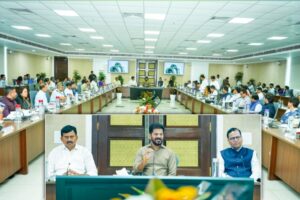

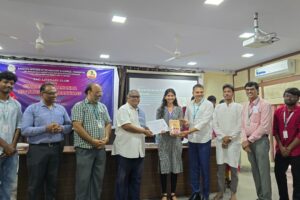
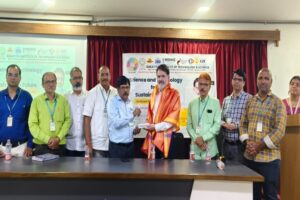
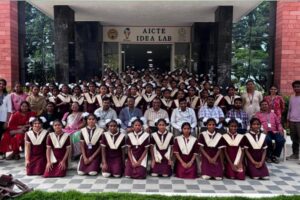
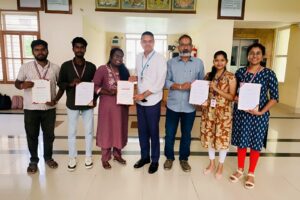
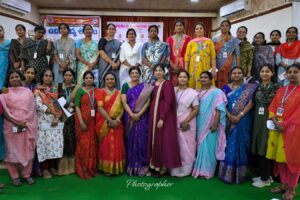
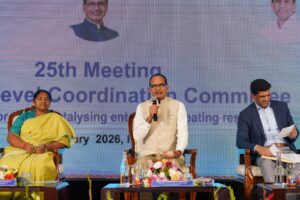
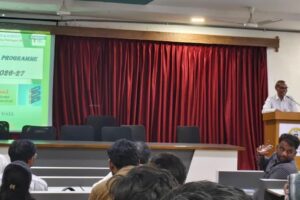


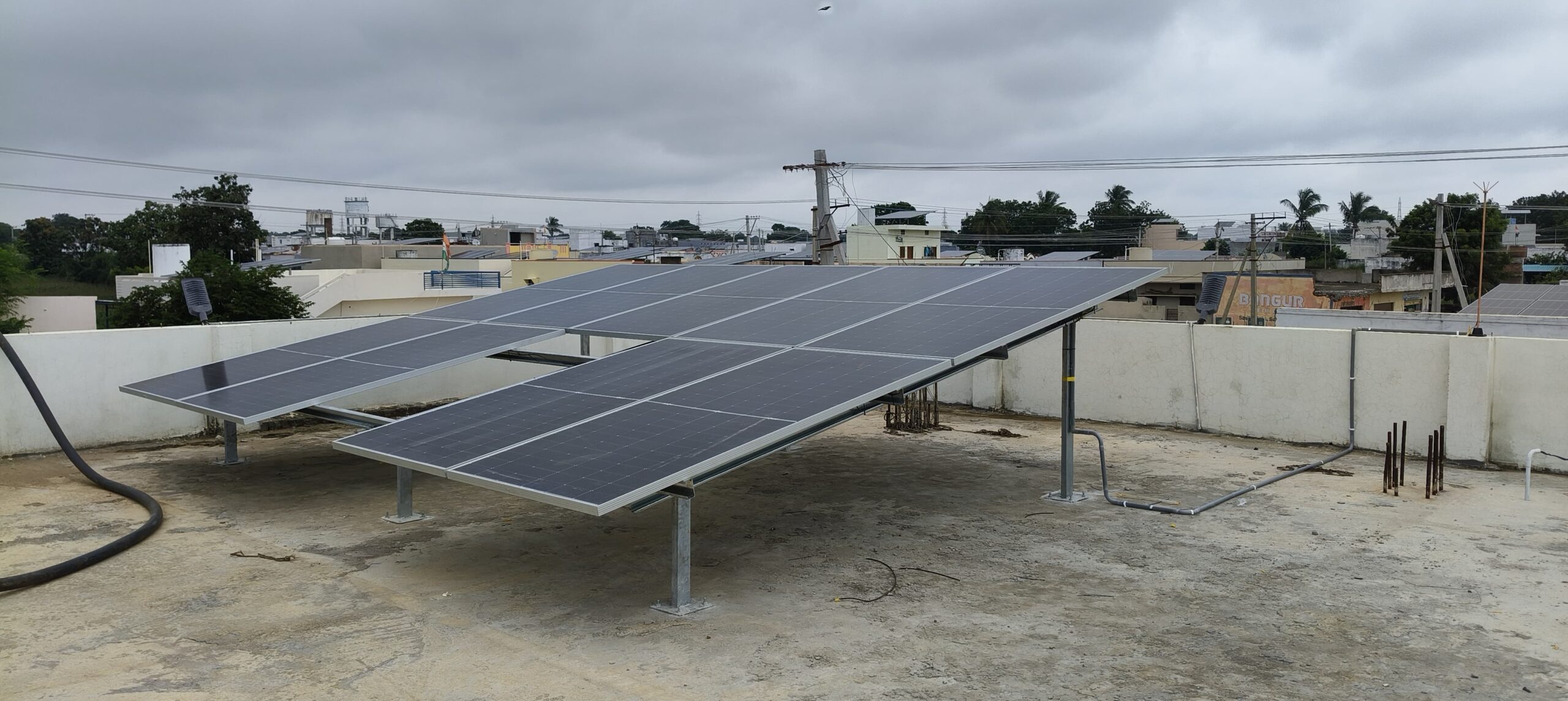



Rattling nice pattern and excellent subject material, absolutely nothing else we require : D.